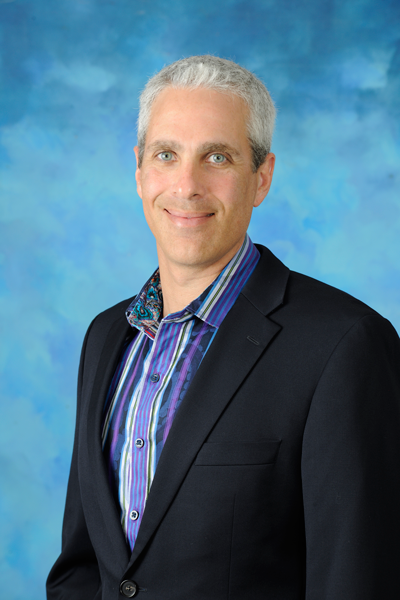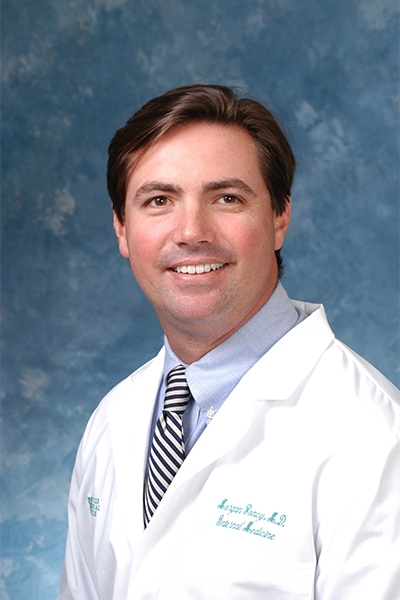PRIMARY CARE
At MD 2.0, we provide patients with superior primary care. We want to be the first to know about any health concerns that may arise. Primary care is performed and managed by your personal physician, Dr. Poncy or Dr. Lubarsky who are available to you 24/7.
PREVENTATIVE HEALTH
Drs. Lubarsky and Poncy believe in more than just treating you when you are sick. Our preventative medicine doctors want to ensure you are healthy year round by promoting a healthy lifestyle, yearly executive level physical exams, and helping to prevent disease.
INTERNAL MEDICINE
At MD 2.0, our concierge physician practice focuses on providing high quality care and individualized attention to each patient. Our model allows us to spend more time with each patient, allowing us to work closely with you on prevention, diagnosis, and treatment of diseases and complex illnesses.
Meet Our Doctors
Dr. Amir Lubarsky
Board Certified Internist in Jupiter, FL
Dr. Amir Lubarsky's love of medicine allows him to listen compassionately and intently to his patients in order to provide the best outcomes.Dr. Morgan Poncy
Board Certified Internal Medicine Doctor in Jupiter, FL
Dr. Morgan Poncy is a board certified internist who was raised in the Jupiter area.LATEST NEWS

How High-Fructose Corn Syrup May Fuel Tumor Growth
Recent research has shed light on the potential link between high-fructose corn syrup consumption and accelerated tumor growth in certain types of cancer. This study, conducted by researchers at Washington University in St. Louis, revealed a surprising interaction between the liver and tumor cells, emphasizing the impact of diet on cancer development.
Fructose and Tumor Growth: What the Study Found
The study observed that high-fructose corn syrup itself doesn’t directly feed cancer cells. Instead, the liver plays a pivotal role by converting fructose into nutrients, like lipids, which tumors use to grow and multiply.
Tumors, including melanoma, breast cancer, and cervical cancer, showed a growth rate increase of two-fold or higher in animal subjects consuming diets rich in fructose. Researchers noted that cancer cells prefer to acquire lipids from the body rather than produce them, making the liver’s conversion process critical in supporting tumor growth.
Why Fructose Matters
Fructose is a type of sugar found naturally in fruits and vegetables. However, it’s also a key ingredient in many processed foods, including soft drinks, sauces, and baked goods. Since the 1960s, the average person’s fructose consumption has risen dramatically, increasing the presence of high-fructose corn syrup in everyday diets.
This ubiquitous sweetener is not only in desserts but also in seemingly healthy foods like salad dressings and pasta sauces. Unless actively avoided, fructose is likely a regular part of most diets.
What’s Next?
While the study focused on animals, it raises important questions about the relationship between diet and cancer in humans. Researchers suggest that targeting the body’s metabolism, rather than cancer cells alone, could open new avenues for treatment. Reducing fructose intake could be one such strategy, as further studies aim to confirm these findings in human trials.
Simple Steps to Limit Fructose
- Read Labels: Check ingredients for high-fructose corn syrup.
- Eat Whole Foods: Choose fresh fruits, vegetables, and minimally processed items.
- Avoid Sugary Drinks: Opt for water, unsweetened tea, or natural juices.
- Cook at Home: Preparing meals allows better control of ingredients.
Understanding the role of diet in cancer development is crucial for prevention and treatment. By being mindful of fructose consumption, individuals can make informed choices to support their health.

How to Stay Healthy This Flu Season in Jupiter, Florida
As temperatures drop and the holiday season kicks off, Jupiter, Florida, is not just welcoming cooler breezes but also the annual uptick in flu cases. With RSV and flu season in full swing, our primary care doctors in Jupiter are emphasizing the importance of vigilance and prevention to keep you and your loved ones safe.
Recognizing the Symptoms
Flu and RSV share many symptoms, including coughing, congestion, fever, and a lack of appetite. According to local healthcare providers, the flu is often accompanied by severe muscle aches, which can make it particularly debilitating. Babies, young children, and older adults are at a higher risk of complications, such as pneumonia, that could require hospitalization.
Dr. Sandra Williams from Jupiter Medical Center explains, “Most cases are manageable at home, but if you notice difficulty breathing, dehydration, or prolonged fever, it’s essential to seek medical attention immediately.”
Prevention Is Key
Doctors recommend taking proactive steps to stay healthy this season:
- Get Vaccinated: Flu vaccines are available for everyone over six months of age. RSV vaccines have also become more accessible, with options for pregnant women, infants, and older adults.
- Practice Good Hygiene: Frequent handwashing, avoiding touching your face, and regularly cleaning surfaces can significantly reduce the risk of infection.
- Stay Home if You’re Sick: Limiting contact with others when you're unwell helps stop the spread of illness.
A Community Call to Action
Families in Jupiter can also take additional measures, such as maintaining a healthy diet, staying hydrated, and getting plenty of sleep to strengthen their immune systems. Local schools and community centers are also ramping up efforts to encourage vaccinations and provide educational resources for parents.
A Mother's Cautionary Tale
For some, the flu is more than just a seasonal nuisance. Last year, a local family shared their harrowing experience when their five-year-old son, Ben, was hospitalized due to flu complications. “It started as a typical fever and cough,” Ben’s mother shared. “But within days, he was struggling to breathe and had to be taken to the ER.” Thankfully, Ben made a full recovery, but his family now advocates for flu vaccines and early intervention.
What’s Next
Healthcare providers in Jupiter predict flu cases will peak in the coming weeks. If you haven’t already received your flu shot, it’s not too late. Clinics, pharmacies, and local health departments are making it easier than ever to get vaccinated.
By staying informed, practicing preventive care, and advocating for your family’s health, you can navigate flu season with greater confidence and peace of mind.
My husband and I have been patients of Dr. Poncy for over ten years and have been extremely pleased and happy for him. He is not only a brilliant internist, but also a wonderful person. Now that he and his partner, Dr. Lubarsky, have opened the concierge practice it is better than ever. The nursing staff is superlative as is the front office staff. The office is very well appointed and comfortable. We feel very fortunate to have such a competent and caring physician.
About 11 years ago, I first met with Dr. Poncy. I came away from my appointment with him confident he understood my problem and contributed some thoughtful suggestions. Over the years, he has never changed. The outstanding staff Dr. Poncy has put together, along with his partner, Dr. Lubarsky, are the best! I honestly feel, when I have an appointment, it is like visiting "family".
I recommend Dr Lubarsky emphatically. He is a true professional: thorough, compassionate and an excellent diagnostician!
We have been concierge members for only 6 months but so far we have been very pleased. The office atmosphere is very relaxed and the doctor is able to give us the time we need. Time in the waiting room is minimal and we have been able to obtain spur of the moment appointments with no difficulty. We are happy that we joined
The new practice has a very warm, friendly, feeling to it. We don't have long waiting times. Everyone is very prompt.
I have been a patient for over 30 years. I actually look forwarded to a visit. Pleasant, professional in every way, I consider myself very lucky.
A great Dr. & great staff, minimum wait time. Spends as much time with you as you need. Same day appointments.
Dr. Poncy has been my primary care doctor for over 8 years. I've known Dr. Poncy for over 8 years. My neighbor recommended him for my diabetes and heart problem. The staff at Dr. Poncy's office is always very pleasant and Dr. Poncy is very patient to my concerns.
I have been a patient of Dr. Lubarsky since 2004. He has been such a great physician to me and my wife for several years. Recently, I was hospitalized at Jupiter Medical Center. My wife contacted him and he immediately responded and came to the hospital. Without Dr. Lubarsky's support, I don't think I would be at the health level I am at today.
I'm a big fan of Dr. Lubarsky! After moving from New York, I researched area Internist throughout Jupiter and Palm Beach Gardens. Dr. Lubarsky was a home run!









